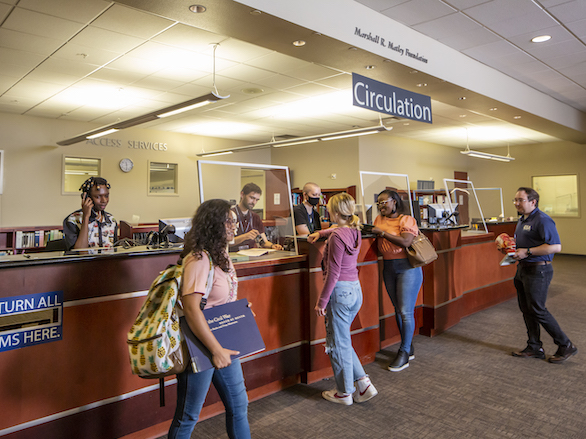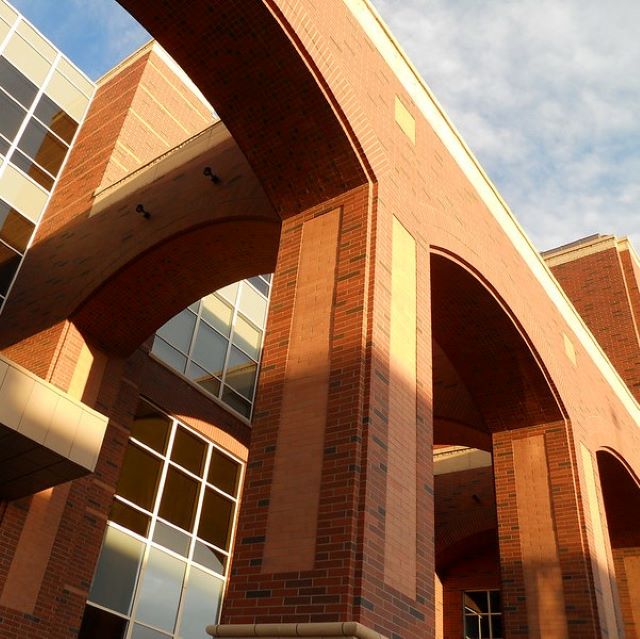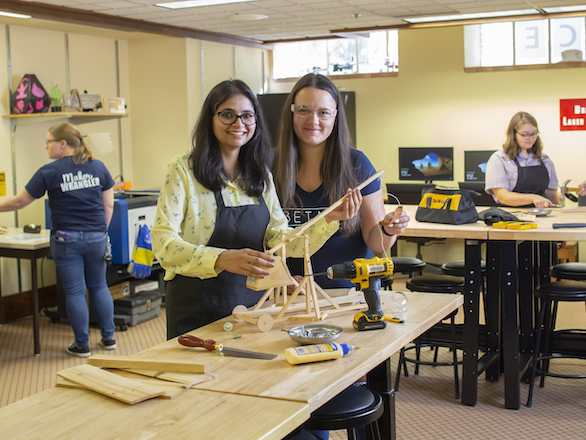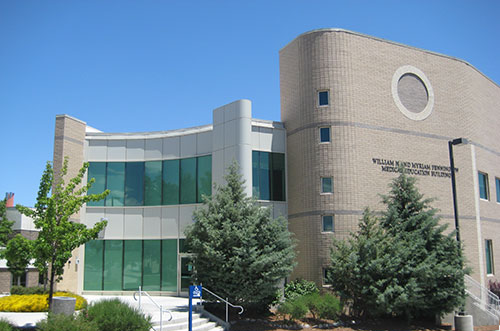Code of conduct
The University Libraries are committed to providing users with an environment that is safe, well maintained and conducive to study and research. Users and visitors are expected to engage in behavior that does not interfere with these efforts and that does not result in the improper use of Libraries' facilities. Users and visitors are also expected to abide by all relevant university policies, state and federal laws, and those general principles that guide civil behavior and discourse in an academic environment.
To ensure that all library users and visitors are able to use University Libraries' resources and services effectively, University Libraries requires full compliance with the rules and regulations listed below. Entering the library represents a tacit agreement to abide by these rules.
General behavior
- Observe all posted rules of library use, including, but not limited to, restrictions related to cell phone use, use of quiet study areas, consumption of food and drink, and computer use.
- Use furniture, library equipment and facilities in an appropriate manner and as designed; e.g. aisles and walk spaces are to remain freely passable at all times to ensure egress, public restrooms are not to be used as a bathing/washing/laundry facility, the Libraries are not to be used as a dwelling or for the purpose of sleeping.
- Avoid theft – do not leave personal belongings unattended. The library is not responsible for the loss or theft of personal property.
- A parent or guardian must supervise children under age 14.
- Unless otherwise posted, it is permissible to consume food and non-alcoholic beverages in the Libraries; beverages must be in spill-proof containers.
- Dispose of trash or recyclables in appropriate receptacles.
- Shirts and shoes must be worn at all times.
Prohibited behavior
- Preventing or limiting access to library resources through theft, vandalism or the deliberate misplacement of materials.
- Defacing, destroying, or corrupting any University Libraries’ information resources.
- Engaging in disorderly or disruptive conduct.
- Verbally abusing, verbally assaulting or threatening to do bodily harm, and engaging in any form of mental or physical harassment. It is inappropriate, and in some cases illegal, to intentionally annoy, harass, or stalk any person, or engage in any other conduct which interferes with service or with the use and enjoyment of the library by others.
- Sexually harassing another person by making repeated and/or unwelcome sex-related comments or sexual overtures, or engaging in other similar physical behaviors, which interfere, or are intended to interfere, with another person’s work or study.
- Being in unauthorized areas of the libraries, remaining in the libraries after closing or when requested to leave during emergency situations or drills.
- Tampering with emergency mechanisms (e.g. alarms, extinguishers, opening emergency exits in non-emergency situations).
- Smoking or using tobacco products in the libraries.
- Possessing firearms or other weapons on state property.
- Having/using a bicycle in the library; using roller blades or skateboards in the library.
- Selling, soliciting, distributing or displaying any unapproved materials.
- Bringing animals into the library, unless they are certified assistance animals and registered with the Disability Resource Center.
- Failing to comply with directions of university officials or law enforcement officers who have identified themselves as such.
Compliance measures
All portable items, e.g. backpacks, bags, briefcases, may be subject to inspection by Library personnel. Proper identification may be requested by any library staff member and must be presented upon request. Users or visitors whose conduct or activities violate the above expectations will be asked to modify their behavior or leave the library. Failure to comply with these rules and regulations may result in the loss of library privileges in addition to other legal consequences. The Libraries will pursue infractions or misconduct through campus disciplinary channels and/or law enforcement as appropriate.



